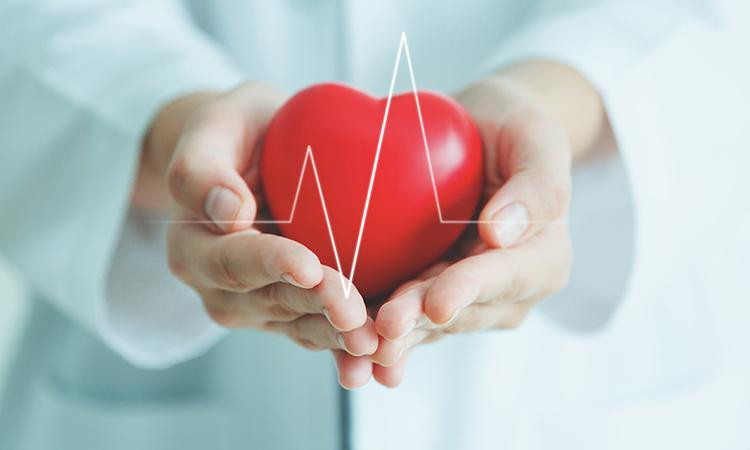February marks Heart Health Month, a time to prioritize cardiovascular wellness and raise awareness about heart disease prevention. While lifestyle factors like diet and exercise are commonly emphasized, one often overlooked aspect of heart health is massage therapy. In this post, we'll explore the surprising benefits of massage for heart health, backed by insights from experts at reputable institutions like the Mayo Clinic and Cleveland Clinic.
1. Stress Reduction: Chronic stress can take a toll on the heart, increasing the risk of hypertension and cardiovascular disease. According to the Mayo Clinic, massage therapy has been shown to effectively reduce stress levels by promoting relaxation and triggering the release of neurotransmitters like serotonin and dopamine. By easing tension and calming the mind, regular massage sessions can contribute to better heart health.
2. Lower Blood Pressure: High blood pressure is a major risk factor for heart disease. Research cited by the Cleveland Clinic suggests that massage therapy may help lower blood pressure by promoting vasodilation and improving blood circulation. This can lead to reduced strain on the heart and lower overall blood pressure levels, ultimately supporting cardiovascular health.
3. Improved Circulation: Healthy blood circulation is essential for delivering oxygen and nutrients to the body's tissues, including the heart. Massage therapy has been found to enhance circulation by stimulating the flow of blood and lymphatic fluid throughout the body. This improved circulation can help optimize cardiovascular function and contribute to overall heart health.
4. Stress Hormone Reduction: Chronic stress triggers the release of stress hormones like cortisol, which can have detrimental effects on the heart and blood vessels over time. According to experts at the Mayo Clinic, massage therapy has been shown to decrease levels of cortisol in the body, leading to a reduction in stress-related physiological responses. By moderating stress hormone levels, massage therapy may help protect against heart disease and related conditions.
5. Enhanced Relaxation Response: Regular massage sessions can promote a heightened relaxation response in the body, characterized by lower heart rate and reduced muscle tension. This physiological state, often referred to as the "rest and digest" mode, is associated with improved heart health and reduced risk of cardiovascular events. By fostering a state of deep relaxation, massage therapy supports overall cardiovascular wellness.
In conclusion, incorporating massage therapy into your wellness routine can offer significant benefits for heart health. From stress reduction and lower blood pressure to improved circulation and relaxation response, the positive effects of massage extend beyond mere relaxation. As always, it's essential to consult with your healthcare provider before starting any new therapy, especially if you have existing cardiovascular conditions. Take the first step towards a healthier heart by prioritizing self-care and considering the holistic benefits of massage therapy.
Sources:
- Mayo Clinic: "Massage: Get In Touch With Its Many Benefits"
- Cleveland Clinic: "Why You Should Try Medical or Therapeutic Massage"


